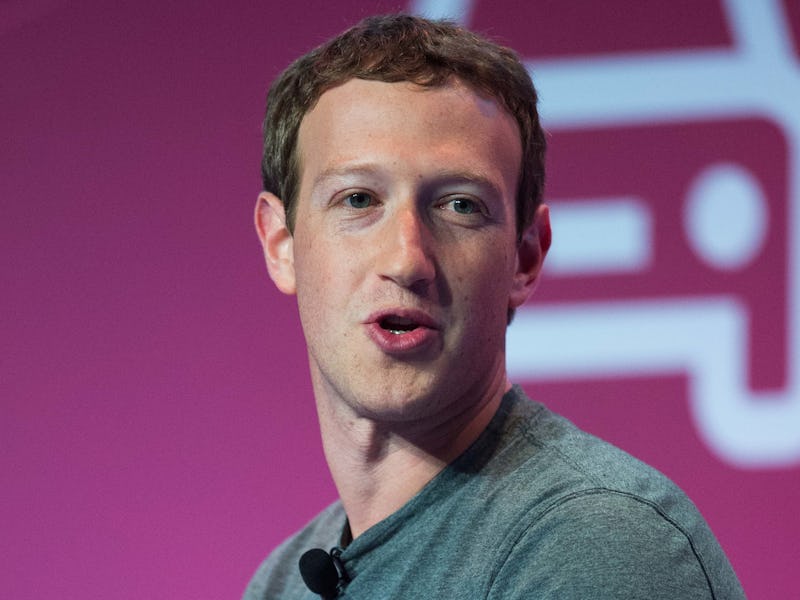Facebook Plans to Keep WhatsApp and Messenger Separate
Mark Zuckerberg explained how the two platforms differ, why certain people use each one, and why it's important not to make one size fit all.

During Monday’s shareholder meeting, an ever-present question arose once more around Facebook’s two messenger services, WhatsApp and Messenger. Both apps have done extremely well among Facebook’s broad user base, and rumors have spread before concerning the two merging into one platform under the company banner.
“We’re not planning on combining them,” said Zuckerberg, immediately shooting down the notion that Facebook might be looking to bridge that gap. “We think that the messaging space is incredibly important and very large, and what we’re seeing is that even in the countries where WhatsApp or Messenger are growing the fastest, the other one is also typically growing.” He wasn’t wrong: WhatsApp recently celebrated 900 million users, and Messenger is catching up quickly, having passed 800 million active users this January.
Zuckerberg said that because each app provides a very specific function, there’s a diversified sense of the way they work for their users. “WhatsApp is much more utilitarian, it’s very basic and focused on just the feed and having a simple tool that people can use,” he explained. Messenger, on the other hand, is much more focused on expression and creativity. While some people use both, it depends on who you are at the end of the day. “We think that the bigger opportunity to go after is to provide our community with both tools rather than try to combine them together and try to make it one size fit all.”
Zuckerberg’s statements perfectly mirror the ones he made when the company first purchased WhatsApp for $21.8 billion in 2014, an action that he called somewhat “counterintuitive” to his plans. Regardless, Zuckerberg has remained firm on his focus, and the numbers show that this strategy is paying off. As for what’s next, Zuckerberg plans to bring advertising to messaging platforms, but is treading lightly through the terrain of user experience. “We’re starting stage two with WhatsApp and Messenger; maybe you message a restaurant for a reservation or you message a company with a question about their product,” he suggested. The company sees this as an opportunity to help companies connect more closely with their customer bases, but so far, the strategy has no implementation dates.